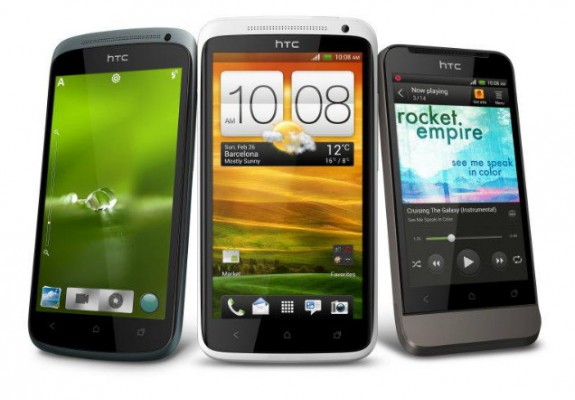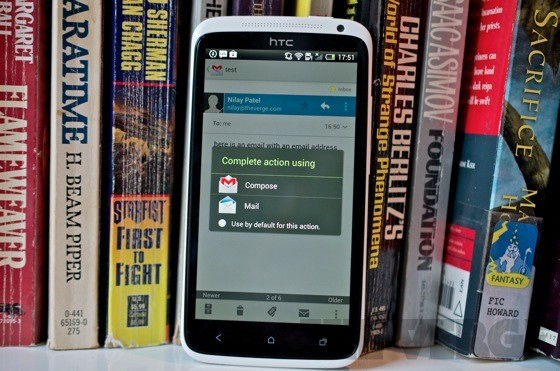If you ever wondered whether Apple’s patent infringement claims against HTC were worth the pain, here’s your answer.
Responding to a recent exclusion order by the United States International Trade Commission (ITC) concerning HTC One X and Evo 4G LTE shipments, the Taiwanese handset maker, once the dominant force in the Android camp, is now pre-loading its U.S. phones with an altered build of Android software.
Designed to bypass Apple patents, it changes the expected behavior of these devices. As a result, flagship HTC phones waiting to be imported into the United States now feature notably different functionality compared to HTC devices shipping elsewhere in the world.
The change is also impacting the uniformity of the Android experience, suggesting Apple was right to sue in the first place…
What’s so different about HTC’s custom Android build?
The Verge explains that HTC’s U.S. devices now include a new App Associations settings screen designed to bypass the offending “data tapping”.
Specifically, the ITC found that HTC’s messaging app, the stock Android messaging app and the stock Android browser all infringed claims 1 and 8 of Apple patent #5,946,647 — but the ITC also specifically found that Apple’s patent claims were limited to the system both detecting data structures like phone numbers and email addresses in text and then presenting a menu of options when those detected structures are clicked.
Tapping on a detected phone number or email on both the AT&T One X and the Sprint Evo 4G LTE now immediately launches the dialer or email client.
On international versions of these handsets a menu pops up, asking users to choose an app to handle these requests, which is the default Android behavior, as seen below.
HTC customers in the US will now have to go to a new App Associations settings screen to chose their default apps to handle such actions.
Of course, the ITC still has to verify these changes before it releases the shipments.
The Commission ruled last December that HTC was infringing upon an Apple patent covering the auto-hyperlinking of phone numbers and other data in text.
The injunction went into effect on April 18 of this year. As a result, two flagship HTC handsets are now being held at the customs until an approval is secured.
It’s a small victory for Apple that won’t stop the Android camp from selling a bucketload of devices.
On the other hand, import bans and court rulings in Apple’s favor are now forcing manufacturers to tweak the Android operating system, possibly affecting affect user satisfaction in the process.
Besides, Android backers will think twice before slapping Android builds on devices without making significant changes to avoid Apple patents.
Thoughts?

